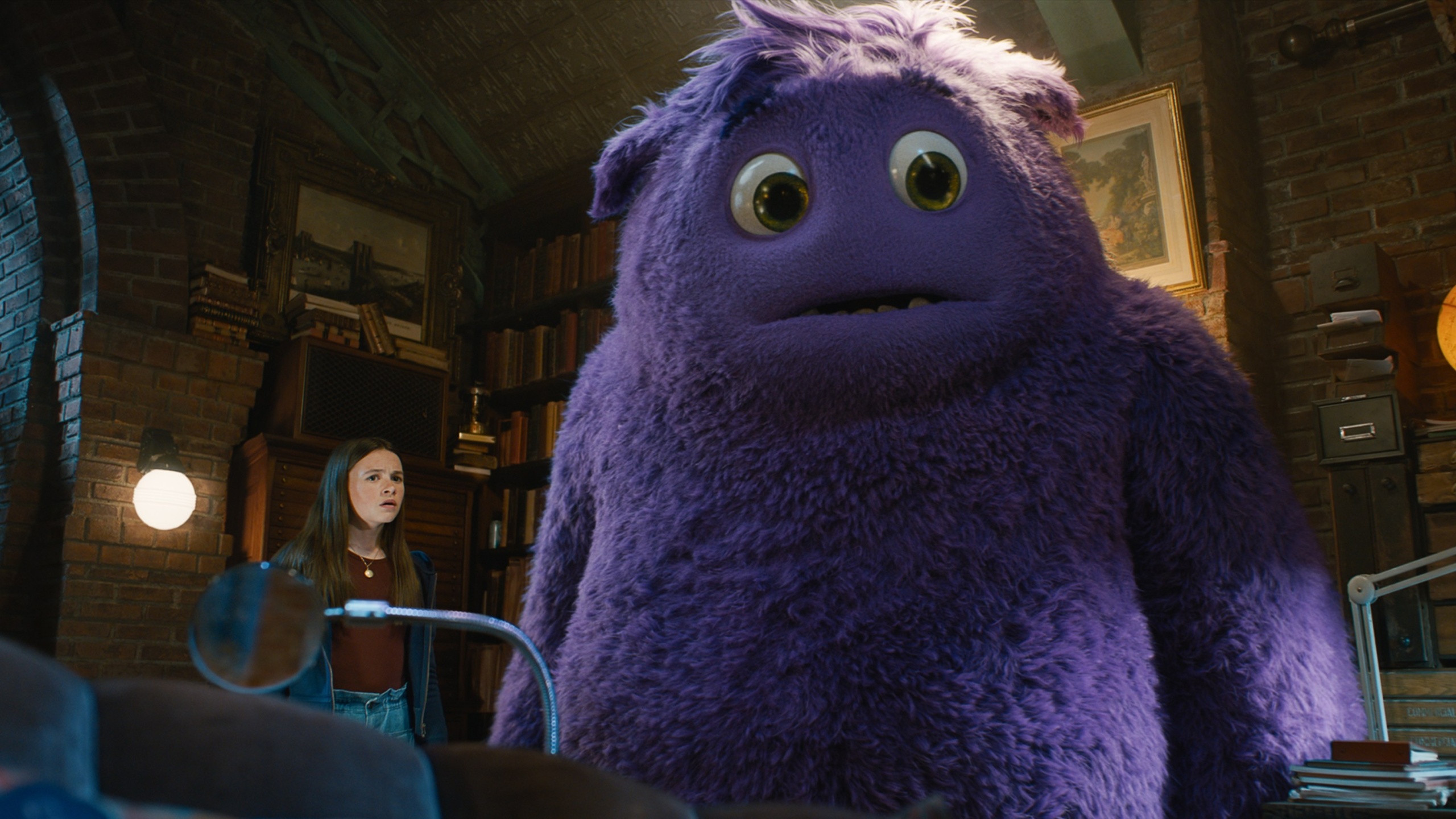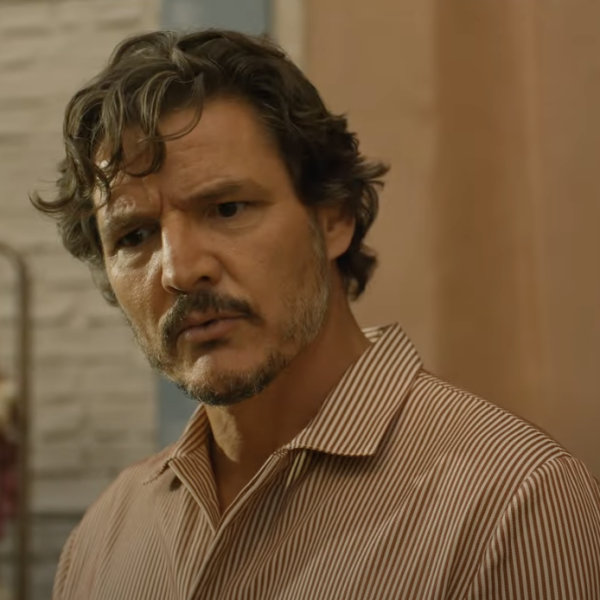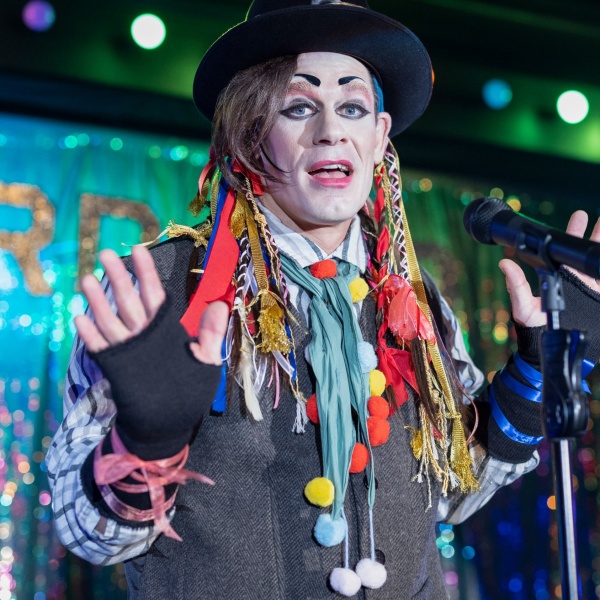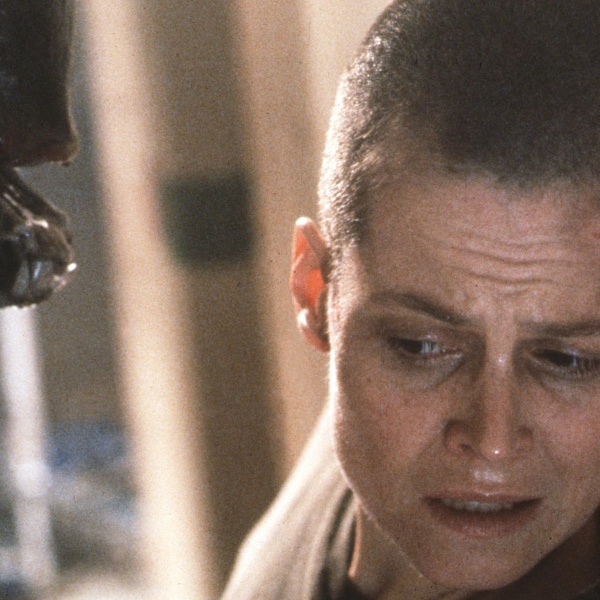When John Krasinski stepped behind the camera for his 2018 smash hit horror feature “A Quiet Place,” he drew inspiration from an unlikely place: “This movie was for my kids,” he told IndieWire in April 2018. Well, not so much for them, but about them, and the lengths parents will go in order to protect their nearest and dearest. Krasinski and co-star and wife Emily Blunt’s kiddos werequite young at the time, and not at all the target audience for the nearly wordless alien invasion thriller. Perhaps then, when Krasinski set about writing his first post-“A Quiet Place” and “A Quiet Place Part II” film, the PG outing “IF,” the filmmaker wanted to finally make something his kids could actually watch.
That’s a fine enough place to start, and a more tender reading of Krasinski’s fifth directorial feature, which takes an interesting enough idea — what if imaginary friends were real? — and spins it into a convoluted, often quite sad story. Much like J.A. Bayona’s “A Monster Calls” — another story about the power of a kid’s imagination, filtered through a decidedly adult lens — “IF” has a cute enough concept that ultimately engenders a threadbare, tonally confusing story, one that doesn’t seem fun enough for kids or smart enough for adults. Inventive character design helps, but once we get used to the large variety of celebrity-voiced imaginary friends, it’s difficult to find anything else to really hold on to in this confused fairy tale.
The youngest audience members likely won’t balk at the flaws in Krasinski’s script, but anyone paying deeper attention will spend most of the film’s puffy 104-minute running time trying to understand the rules of this fantasy world we’re meant to embrace. That’s a problem, especially in a story kitted out with a massive purple monster voiced by Steve Carell, or a fantastical ballerina mouse voiced by Phoebe Waller-Bridge, or a heartbreakingly kind elderly teddy bear voiced by the late Louis Gossett Jr. This sort of story needs to envelope you in its storytelling and imagination, not simply tell you how important a good story is (which the film’s characters often do). Why, you will ask, is this story so important, if I can’t understand even the most basic mechanics of it?

It takes awhile to get to those questions. Krasinski opens in hazy memory, with our serious young star Bea (Cailey Fleming) talking us through a series of sunshiny sequences that depict her early years. She’s an outgoing kid, her dad (Krasinski) a real jokester, and her mom (Catharine Daddario) the warmest person around. We, of course, know something bad is going to happen, and when Mom starts looking peaked and we’re suddenly in the hospital, we see where this is all going.
A few years later, and Bea and her dad are back in Brooklyn, back in her grandmother’s (a delightful Fiona Shaw) apartment, and back in the hospital — the script also leaves gaping holes in the transition between the two time periods that are never totally sewn up, we can assume at some point the pair moved away — and Bea has turned into a serious, tight-lipped 12-year-old. This time around, her dad is the sick one (but it’s fixable!, he tells us), and while he wiles away the time playing pranks in the hospital before a surgery that is either major or minor (again, who could tell?), Bea goes adventuring around a welcoming Brooklyn.

She finds the most exciting thing, however, on the top floor of her grandmother’s pre-war apartment building, when she catches a glimpse of the cartoon-y mouse-like Blossom (voiced by Phoebe Waller-Bridge), who then led her to the sarcastic, downtrodden Cal (Ryan Reynolds), and the aforementioned giant purple creature (who is named, haha, Blue). It takes nearly 40 minutes to get to the meat of this story, and even eventual explanations are meted out in convoluted, short-shrift manner, but here’s the gist: Bea can see imaginary friends. Neat, right? Sort of.
In this world, they are — of course! — called “IFs,” and as fantastical and funny as they are (and they really are sometimes, thank goodness for that), they’ve got some serious problems. Namely, the kids who first dreamt them up have grown into adults and forgotten them (or stopped needing them or something, this is the most important and most under-baked of all of the film’s rules), and they’d really like to find new kids to hang out with. Could Bea perhaps help the IFs and Cal find them fresh kiddos, like some sort of supernatural matchmaking service? Bea has, to this point, not displayed much mirth or inner life, but she goes for it. The film wouldn’t be able to keep going if she didn’t, after all.
It seems as if Cal has been at this same quest for awhile, with dismal results (no one ever wonders why a kid would want the product of someone else’s imagination, the most damning element of a story allegedly about the wonders of our own deepest dreams). When he takes Bea to a magical retirement home filled to the brim with older IFs — all of them energetically voiced by major stars, from George Clooney to Blunt, Bradley Cooper to Sam Rockwell, Matt Damon to Maya Rudolph, and more — “IF” almost gets moving. Who wouldn’t want to help these delightful creatures? Try to hold on to that line of thinking, if you can.

Krasinski does capture some moments of lightness and joy, like a high-energy two-pronged sequence that sees Bea and Cal interviewing various IFs to try to understand what kind of kid they’d like, which then takes them to the hospital where they try to match up Bea’s accident-prone friend Benjamin (Alan Kim) with one of the eager IFs. The creature design is top-notch and varied, and seeing all the different IFs — a giddy unicorn, an ice cube in a glass, a superheroic pup, a giant sunflower, a massive gummy bear, and so many more — is delightful, silly fun.
If only it could stay that way. That Krasinski is using such a story to presumably tell us something deeper and darker about the human condition is understandable — what, after all, is good kids’ entertainment meant to do, but educate and entertain in equal measure? — but the divide between the wacky world of the IFs and the harsh concerns of Bea’s real life is too far. Tonally, “IF” never finds a happy medium. Story-wise, it doesn’t bridge the gap between pure imagination and basic narrative flow. We don’t know what’s happening most of the time, and worst yet, we don’t know how to feel about it, no matter our age. That’s much more than a failure of just imagination.
Grade: C-
Paramount Pictures will release “IF” in theaters on Friday, May 17.




